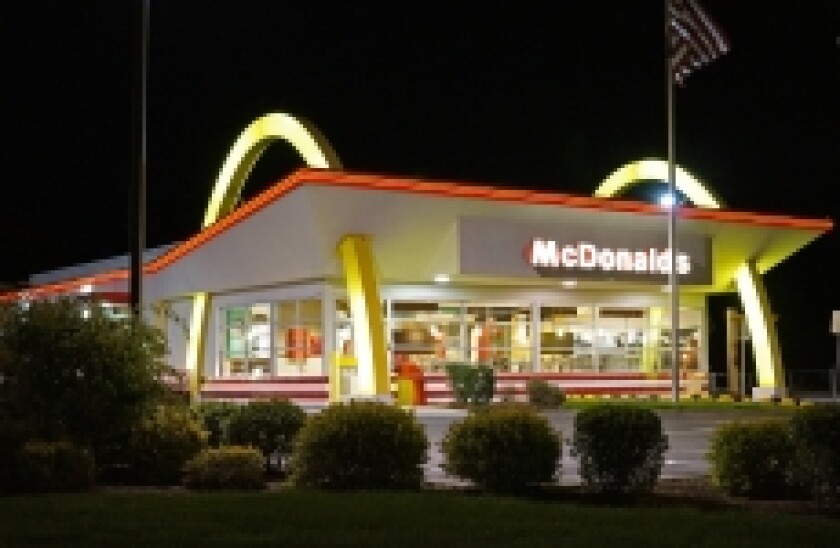McDonald's bins 20 year tranche, but US pipeline grows

McDonald’s Corp fell victim to a lack of demand for long dated euro bonds on Monday. It was forced to pull the 20 year component of what had been planned as a four tranche deal.
Unlock this article.
The content you are trying to view is exclusive to our subscribers.
To unlock this article:
- ✔ 4,000 annual insights
- ✔ 700+ notes and long-form analyses
- ✔ 4 capital markets databases
- ✔ Daily newsletters across markets and asset classes
- ✔ 2 weekly podcasts
